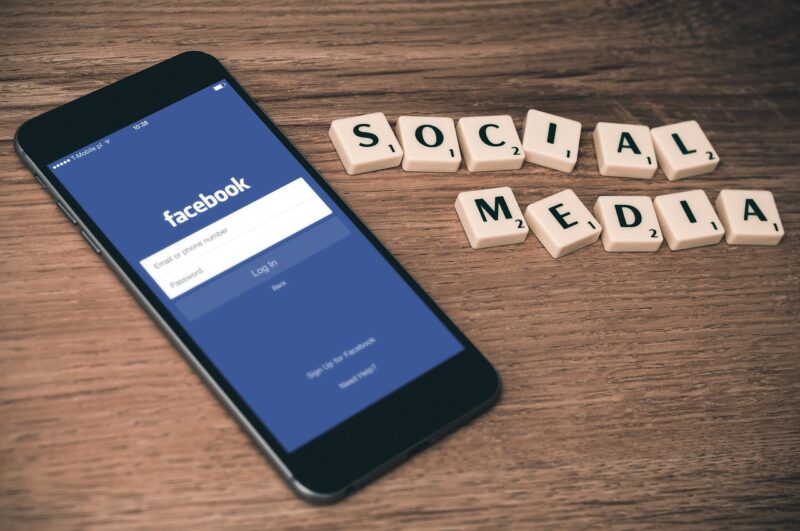
In an age where social media is omnipresent—connecting people across the globe, shaping opinions, and influencing trends—it is essential to examine its complex impact on mental health. Platforms such as Facebook, Instagram, Twitter, and TikTok have revolutionized how we communicate and interact, but they also bring a unique set of challenges that can affect our psychological well-being.
1. The Positive Effects of Social Media
For many, social media serves as a vital tool for communication and connection. It enables individuals to stay in touch with friends and family, meet new people, and even participate in communities that share their interests, thus fostering a sense of belonging and support. Here are some positive impacts of social media on mental health:
- Connection and Community: Social media allows individuals to connect with others who share similar experiences or challenges, such as support groups for mental health issues or communities centered around hobbies and interests.
- Access to Resources: Individuals can find mental health resources, articles, podcasts, and professionals through social media, increasing awareness and understanding of mental health issues.
- Creative Expression: Platforms like Instagram and TikTok allow users to express their thoughts and emotions creatively through visuals and videos, serving as a therapeutic outlet for self-expression.
These positive elements underscore the potential of social media as a tool for support, education, and community—it can help foster connections among individuals who might otherwise feel isolated.
2. The Negative Effects of Social Media
While social media has its benefits, numerous studies have highlighted its detrimental effects on mental health that should not be ignored. With the constant exposure to idealized images and lifestyles, users can experience issues such as:
- Comparative Anxiety: Seeing curated posts of others’ lives can lead to unfavorable comparisons, potentially causing feelings of inadequacy, low self-esteem, and anxiety.
- Cyberbullying: The anonymity provided by social media allows for negative behaviors like bullying, which can lead to significant emotional harm and negative mental health outcomes.
- FOMO (Fear of Missing Out): Constant exposure to friends’ activities can escalate feelings of FOMO, leading to depressive symptoms and a sense of exclusion.
- Addiction and Distraction: The addictive nature of social media can lead to compulsive usage patterns, reducing productivity, disrupting sleep patterns, and leading to neglect of real-life relationships and responsibilities.
Given these potential risks, it’s important for users to develop a healthy relationship with social media, recognizing both its benefits and pitfalls.
3. Understanding the Connection: Research Insights
Understanding the impact of social media on mental health requires a nuanced approach that involves examining existing research findings. Several key studies have shed light on this topic:
- Increased Loneliness and Depression: A study published by the American Journal of Preventive Medicine found that individuals who spend more time on social media experience higher levels of loneliness and depression compared to those who engage less with these platforms.
- Social Comparison and Body Image Issues: Research from the International Journal of Eating Disorders indicates that exposure to images of idealized body types can lead to negative body image and eating disorders, particularly in young women.
- Positive Community Interactions: Conversely, a study by the Pew Research Center found that 69% of teenagers indicated social media makes them feel more connected to their friends, suggesting a stark contrast to the challenges higher engagement can pose.
These insights indicate that while social media can promote connections, it can also exacerbate mental health issues. Thus, it is crucial to understand the implications of social media use on individual mental health outcomes.
4. Implementing Healthy Social Media Habits
So how can one engage with social media positively, avoiding its many pitfalls? Here are several strategies to foster healthier interactions with social media:
- Limit Screen Time: Set boundaries for your social media use, allocating specific times for checking apps, reducing mindless scrolling, and creating technology-free zones in your daily life.
- Curate Your Feed: Unfollow accounts that cause anxiety or negative feelings. Instead, follow supportive and inspiring accounts that reflect positivity and authenticity.
- Engage Mindfully: Focus on interactions that are positive and supportive, instead of engaging in negative discussions or toxic behaviors that may arise online.
- Practice Digital Detoxes: Consider taking breaks from social media, whether for a few hours, days, or even longer. Use this time to reconnect with yourself or engage in offline activities that promote your well-being.
By incorporating these habits, individuals can enhance their experiences on social media, allowing them to reap its benefits while minimizing potential negative impacts on their mental health.
5. The Future of Social Media and Mental Health
As social media continues to evolve, it is crucial for individuals, communities, and policymakers to prioritize mental health in their discussions about digital spaces. Understanding the role of social media in mental health can help shape future platforms and protocols to promote healthier environments. Here are crucial considerations for the future:
- Enhanced Privacy Controls: Social media platforms should improve privacy controls to provide users with more autonomy over their data and engagement on the site.
- Mental Health Resources Integration: Platforms could take steps to provide users with mental health resources or trigger warnings when sensitive topics are discussed or displayed.
- Promoting Positive Interactions: Encouraging content creators and influencers to share authentic and positive messaging can help mitigate the negative effects of idealized lifestyles and expectations.
The journey towards a healthier relationship with social media will involve collective efforts from all involved—users, creators, and platform owners. Solutions addressing these challenges can create a more balanced online environment that promotes mental well-being while still allowing for connection and interaction.
Conclusion
As we continue to navigate the ever-changing landscape of social media, understanding its complex relationship with mental health is paramount. By acknowledging both the positive and negative aspects, we can cultivate healthier social media experiences that prioritize well-being and mitigate adverse effects. Implementing healthy habits, creating supportive online communities, and encouraging mindful practices can contribute significantly to fostering a balanced and empowering digital ethos. In this increasingly interconnected world, we can choose to leverage the power of social media to enhance our mental health rather than hinder it.








